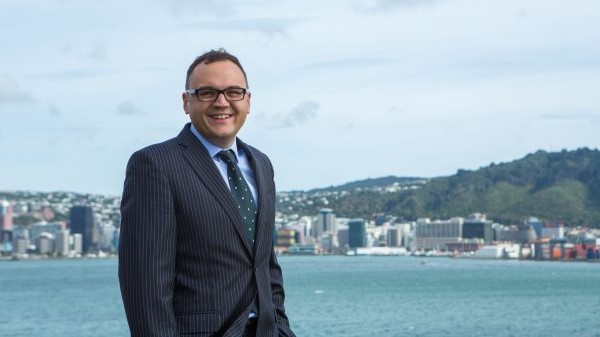
The full extent of Cyclone Gabrielle’s impact is still being assessed – and it will take time for the whole picture to emerge – but it’s already clear that the description of the cyclone being “the worst storm of the century” is justified.
Whole communities have been devastated throughout the top half of the North Island and Hawke’s Bay, as well as parts of New Zealand’s largest city, especially Auckland’s west. Hundreds of people have lost their homes. Businesses have also been hard hit. Road networks have been cut off, with the Tairawhiti and Northland regions being some of the worst affected.
Some places lost communication, with cell phone and Internet coverage down. It’s times like this when the whole community comes together to help one another.
While we are now moving into the recovery phase, the impact of the disaster will continue to be felt for a long time to come – and we know from previous experience, like the Christchurch earthquakes, that recovery can be even more stressful as people struggle to rebuild or deal with insurance companies and government agencies.
The supply chain is clearly going to be heavily impacted by Cyclone Gabrielle. This is on top of existing issues with short supply of some goods, from recent weather and more general COVID-19 pressures. We can expect shortages and price rises, especially fresh produce.
Time and again, however, the most resilient piece of the supply chain continues to be trucking. Naturally the sector is restricted by road closures and by businesses and ports being closed to dispatch and receive goods. However, if trucks can run, they will do so.
Despite complete shutdown of rail and ports in some areas of the country, trucks will be on the road taking critical food and supplies and keeping the economy moving.
The work of the industry is a tribute to the professionalism of men and women who drive trucks and keep our economy flowing. While many of us are at home, these people keep working to keep our country working. As reported in Stuff, one truck driver, Tam Reneti, was heading towards Mt Maunganui, transporting logs to the Port of Tauranga, when just before 12.30am, a landslide hurtled down the hill onto his trailer, only just missing his cab. Drivers just like Tam work tirelessly day and night despite very real risks to make sure the goods get through, if they can.
Our own Hawke’s Bay regional adviser, Sandy Walker, is fine and well but faced some hairy moments when 32 big trees toppled near his property. With all power and phone communication out, Sandy is grateful to Emmerson Transport for lending him an office and an internet connection so he could keep in touch and help.
For businesses coping with the aftermath of the disaster, MBIE has some useful advice which we recommend to members. You can read more here: https://www.employment.govt.nz/leave-and-holidays/other-types-of-leave/employment-during-and-after-disasters/
MBIE advises that during and after a disaster or emergency, employers and employees need to consider issues such as health and safety, emotional wellbeing and payment options.
Longer term, we need as a country to focus on how to make New Zealand’s infrastructure as resilient as possible. Cyclone Gabrielle was not an isolated event and we can expect more frequent severe weather events to strike, driven by the reality of climate change which has well and truly arrived. New Zealand’s topography is notoriously challenging – as the earliest road and rail builders discovered.
Nevertheless, this latest event has demonstrated that roads and infrastructure must be designed and built better. Unfortunately, our roads have suffered from decades of underinvestment in maintenance – and build scale, specifications and quality. More extreme weather tells us we must urgently change course on the quality of our build, both to mitigate against events but also to improve safety, lower emissions and increase efficiency and reliability for our sector and all Kiwis.
Transporting New Zealand will keep advocating for improvements in this area – the investment is significant but it is essential to ensure New Zealand’s economic future and wellbeing.
By Nick Leggett, chief executive, Ia Ara Aotearoa Transporting New Zealand





